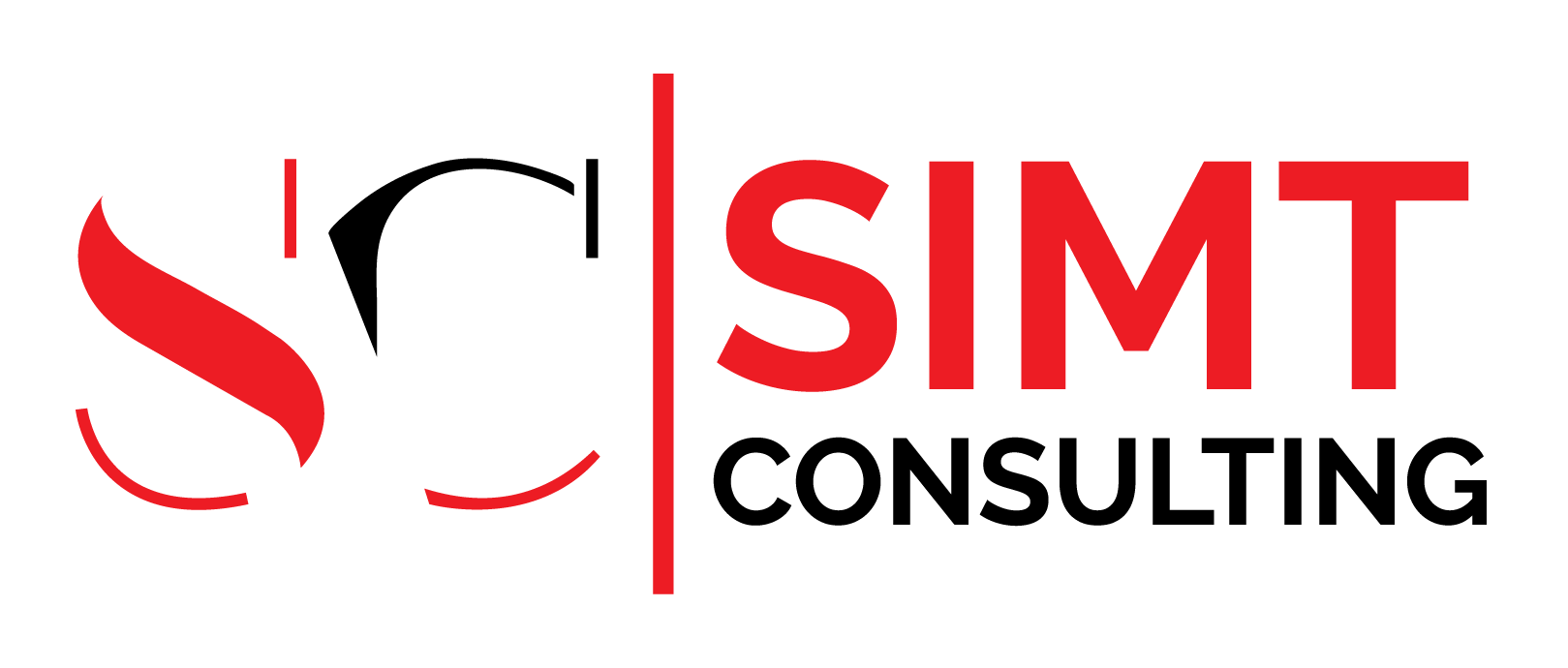
Working in Canada
Every year, the Canadian government issues 100,000 work permits to Temporary Foreign Workers to help business meet their skilled labour demands. In addition to these workers, there are other foreigners who are allowed to work without a work permit. Depending on the type and scope of work, duration of work, country of citizenship and other factors of the foreign worker, different rules and requirements apply.
Most job positions and foreigners require an LMIA and a Work Permit, others only require a work permit, and some do not require a work permit at all.
To find out if an LMIA and/or Work Permit is required, refer to the categories below.
Jobs that require a positive LMIA (Labour Market Impact Assessment) in addition to a Work Permit
In most cases, a Canadian employer wishing to hire a foreign worker must first receive government approval before the hiring can take place. This is to ensure that no qualified Canadians were passed up in favour of the foreign worker, and that the foreign worker will be given a salary and benefits that meet federal and provincial standards. The government approval comes in the form of a positive Labour Market Impact Assessment (LMIA).
Generally speaking, all Canadian employers must provide evidence that they have attempted to find qualified Canadian citizens or permanent residents to fill job positions before turning to foreign workers. In addition, employers may be inspected for compliance to government regulations after their employee has begun working in Canada.
To find out more, refer to the LMIA Required Jobs section.
LMIA Exempt Jobs & Foreigners
There are cases where a positive LMIA is not required in order to be eligible to apply for a work permit.
The following categories are exempt from requiring a positive LMIA- a work permit can be obtained without one.
There are cases where a positive LMIA is not required in order to be eligible to apply for a work permit.
The following categories are exempt from requiring a positive LMIA- a work permit can be obtained without one.
International Agreements (NAFTA, GATS, Canada-Columbia FTA, Canada-Peru FTA)
Entrepreneurs/Self-Employed Candidates
Intra-Company Transferees
International Exchange Programs
Spouse and Dependents Of Foreign Workers
French-Speaking Skilled Workers
Religous Workers
Academics
Provincial LMIA Exemptions
Note: Being exempt from obtaining a LMIA does not mean the individual is exempt from obtaining a work permit. All streams on the LMIA exemption list still require the individual to obtain a work permit to work in Canada legally.
Work without a permit
There are several occupations and situations where a foreigner is allowed to work without a work permit.
The occupations in this category are:
Athletes and team members
Aviation accident or incident inspector
Business visitor
Civil aviation inspector
Clergy
Convention organizers
Crew
Emergency service providers
Examiners and evaluators
Expert witnesses or investigators
Foreign government officers
Foreign representatives and Family members of foreign representatives
Health care students
Implied status
Judges, referees and similar officials
Military personnel
News reporters, media crews
On-campus employment and some Off-campus work
Performing artists
Public speakers
To find out more, refer to the Work without a Permit section.
Open Work Permit (OWP)
An Open Work Permit allows a foreign national to work in any job, without restriction. An LMIAor confirmed offer of employment is not needed to apply for an Open Work Permit.
Foreign spouses/common-law partners of temporary foreign workers, foreign students and Spouses/common-law partners being sponsored through the Inland Spousal/Common-law Sponsorship category are eligible to apply for an Open Work Permit.
Graduating international students are also eligible to apply for an Open Work Permit under the Post-Graduation Work Permit Program.
International Experience Canada (IEC) Candidates under the Working Holiday category as also eligible for an Open Work Permit.
To find out more, refer to the Open Work Permit section.
Bridging Open Work Permit (BOWP)
The bridging open work permit (BOWP) is a way to keep a worker in Canada working while his or her application for permanent residence is being processed.
In-Canada applicants who have made an application to immigrate to Canada under either the Federal Skilled Worker (FSW) Class, the Federal Skilled Trades (FST) Class, the Canadian Experience Class (CEC) or one of the Provincial Nominee Programs (PNP) may be considered for a bridging open work permit if their current work permit is due to expire (within four months). A foreign worker legally working in Canada who has made, or will soon make, an application for permanent residence under one of these immigration programs may then continue to work until a decision is made on his or her application for permanent residence.
To find out more, refer to the Bridging Open Work Permit section.
International Experience Class (IEC)
The IEC is a program designed to bring younger adults and youth to Canada on a temporary basis to work for temporary periods
Citizens of countries with a bilateral youth mobility arrangement with Canada who are between 18 and 35 years old may be eligible for IEC work permits.
The IEC program is composed of three categories:
Working Holiday
Young Professionals
International Co-op
To find out more, refer to the International Experience Class section.
Work while Studying
Full-time students who are enrolled at an institution may work at that institutions campus in any job without a work permit. Students may work at more than one campus of an institution, provided that they are in the same municipality. Students may be enrolled in any course to be eligible.
The permitted institutions are:
Universities
Community Colleges
CEGEPs
Publicly Funded trade/technical schools
Private Institutions authorized by provincial statue to confer degrees
Students working as graduate , research or teaching assistants may work off campus a locations related to their research grants. These locations must have a formal association or affiliation with he learning institution. This may include hospitals, clinics and research institutes.
To find out more, refer to the Work while Studying section.
Need Help?
Contact us for more information about working in Canada or for assistance in applying for work permit.
Quick Contact
Need Help?
Have questions, Feel Free to get in touch with us.
info@simt-consulting.com
+971 50 191 1035
